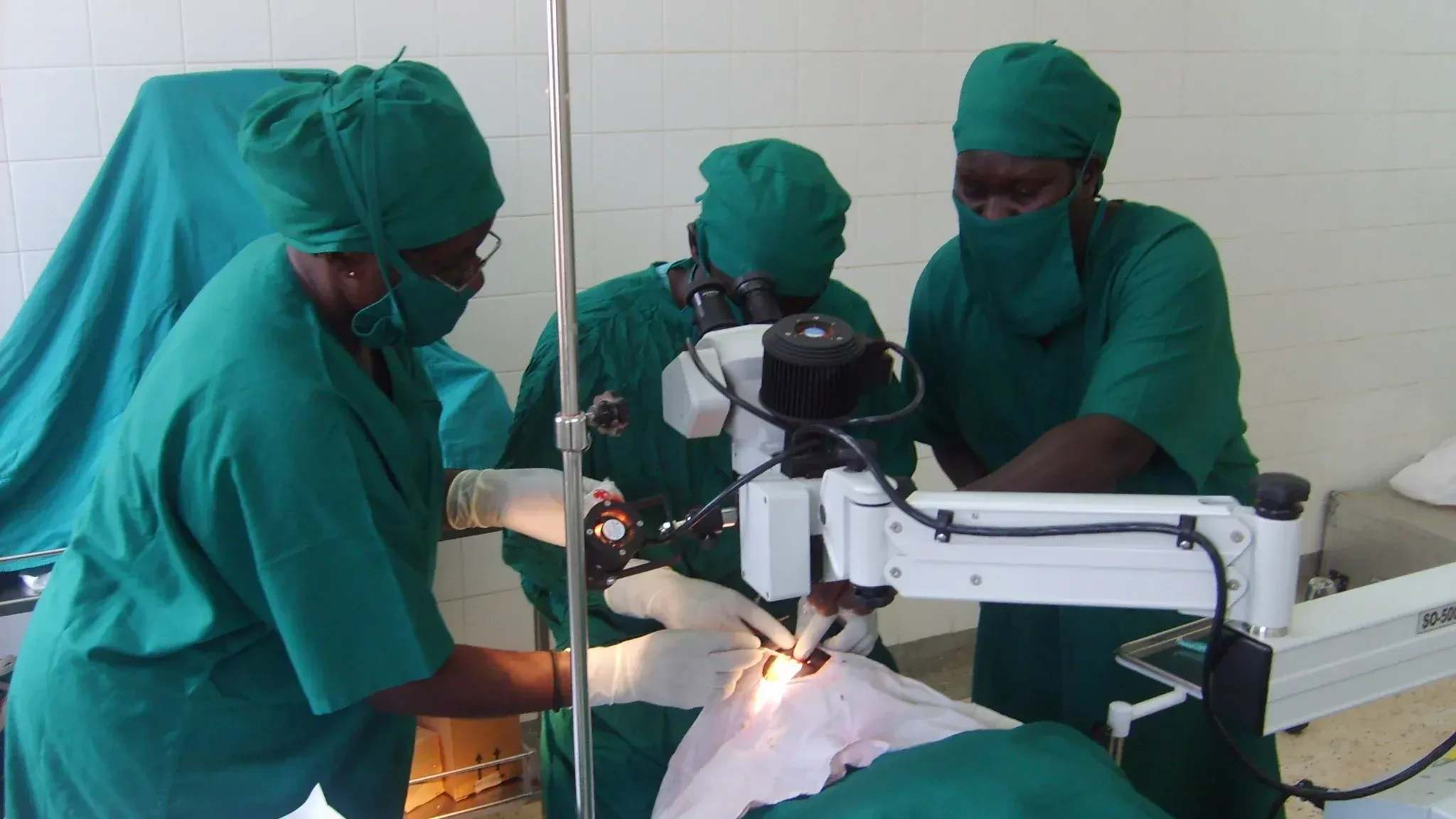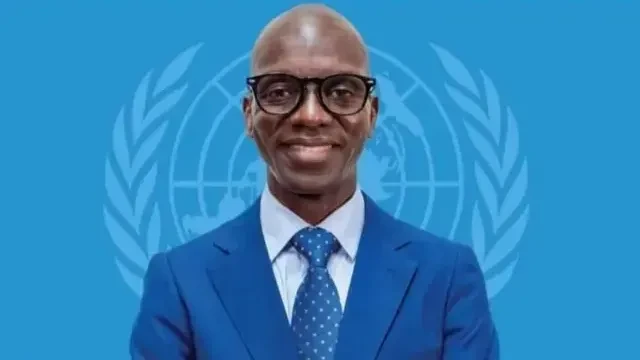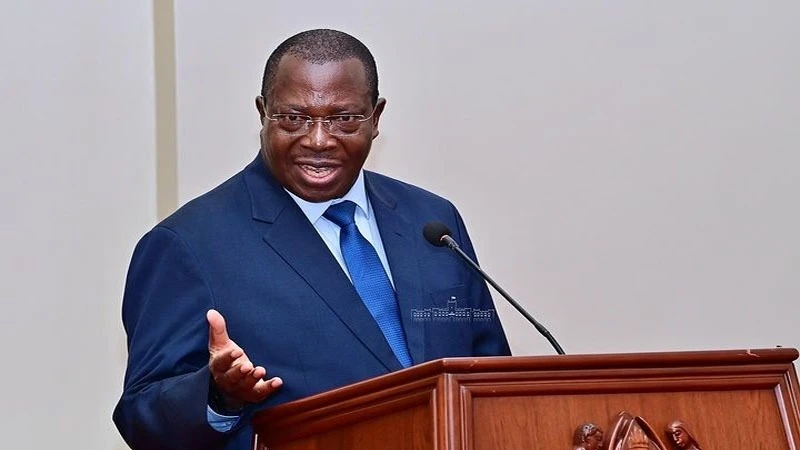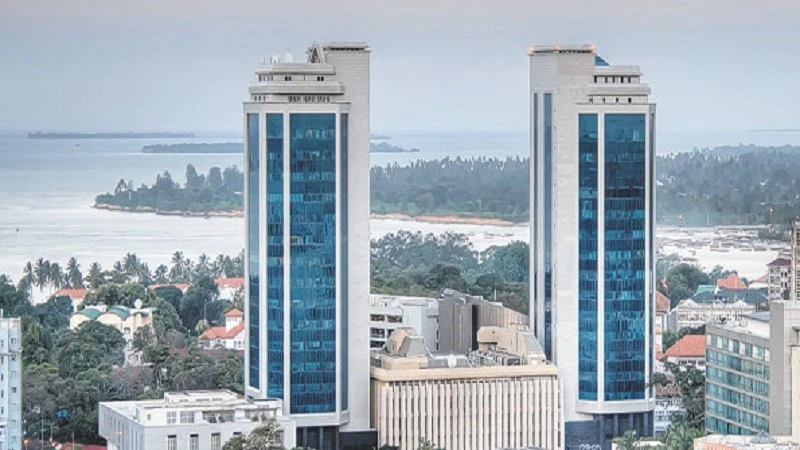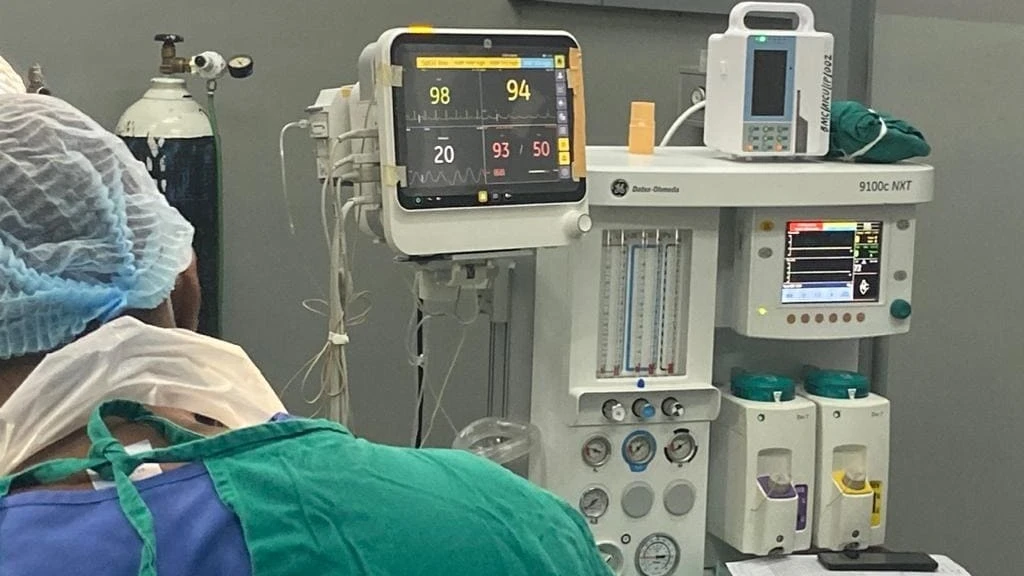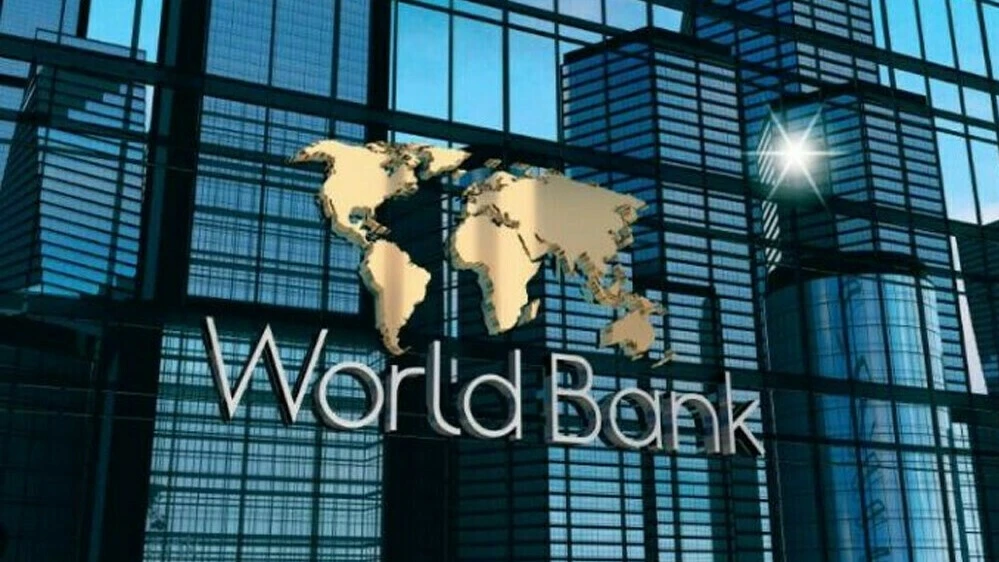Diaspora’s 2.1trn/- remittances in just half a year make big business
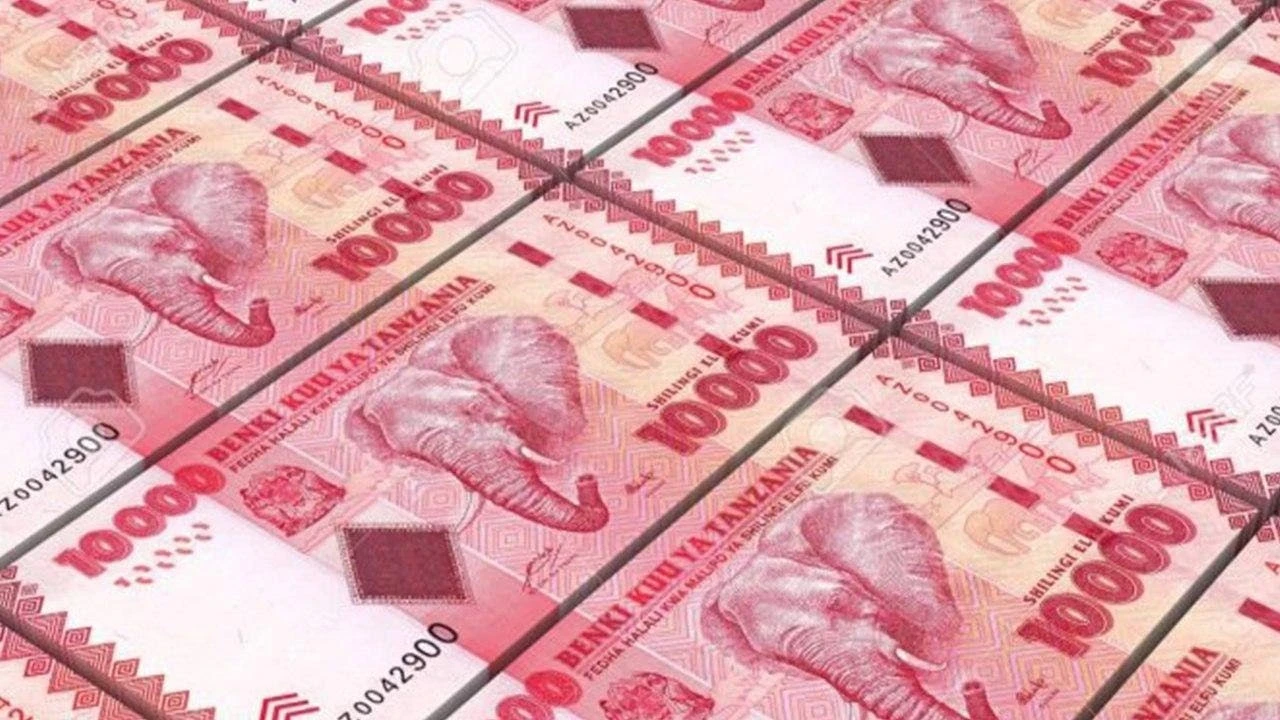
CENTRAL bank data used in the National Assembly at midweek show that remittances from Tanzanians living outside the country reached 2.1trn/- during the July to December 2024 period, up from 2.04trn/- during a corresponding period in 2023.
This is a substantial flow of foreign currency, considering that the country’s total budget funds stand at an estimated 57trn/- for the next financial year, meanwhile as budget funds usually take up nearly one-third of the gross domestic product. Investments were by contrast a vastly smaller figure.
What this implies is that plenty of business is being done between Tanzania and the Diaspora but not in the formal way. Instead, fairly large investment deals are conducted within family networks, which is easy to understand as the most preferable investment sphere doesn’t need tax holidays or anything of the sort. It implies that policy planners could use this sphere to modernise the country.
From what meets the eye, the more coveted sphere is urban housing, meaning purchasing fairly dilapidated units in potentially upscale areas in terms of business potential, moving into outer spheres from the city centre as well as inner areas of those outer spheres.
Rental space is easily the most assured of investments, though at times the boom becomes a bust, the way business moved out of downtown Dar es Salaam and left multi-storey structures there without tenants.
So there is a boom of sorts in lower priced outer rings and bust in earlier constructions, but it is a matter of time before the number of city centre clients rises too. The most assured source of having plenty of city centre space occupants is, for obvious reasons, the foreign business community.
Those who built in those areas earlier have waiting to see what to do next following the collapse of the once brisk consumer services sector at the middle of the past decade. What is being received in terms of remittances is noticed in a variety of areas, with the outskirts of city centres taking appreciably substantial amounts of funds channelled into construction, without doubt the most usable development sphere.
Construction differs from other sectors as it constantly improves the amount of total collateral available for substantial bank lending, unlike movable assets.
In analytical terms, it can be said that our country is at an accumulation stage, that at some point the banks will have plenty of liquid assets in the sense that many people will be keeping idle money in banks – which they thus can’t use to build.
Plenty of space would still be vacant, particularly in city centre areas, with many non-residents not really keen on engaging in hands-on activities like industry. There is also a way in which fairly inhospitable local conditions may deter the sort of investments that generate jobs, instead favouring money-spinning occupations, despite intermittent changes in outlooks.
This situation partially explains an implicit dichotomy where the country can be said to be awash with money if it could attract 2.1trn/- via family networks for onward use in safe business activities including construction. This makes the commercial capital somewhat glittering, as all these activities are accompanied by fairly relaxed living among those implementing them as well as attendant social conviviality centres.
Top Headlines
© 2025 IPPMEDIA.COM. ALL RIGHTS RESERVED









